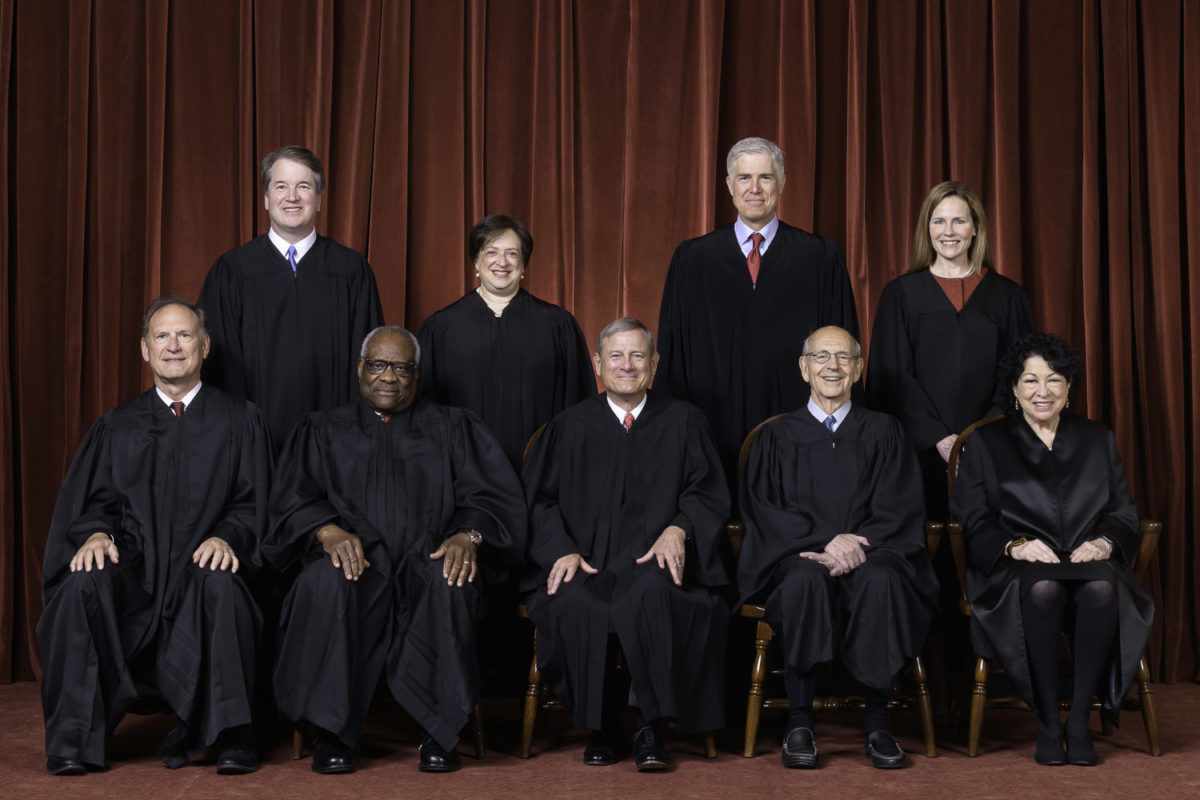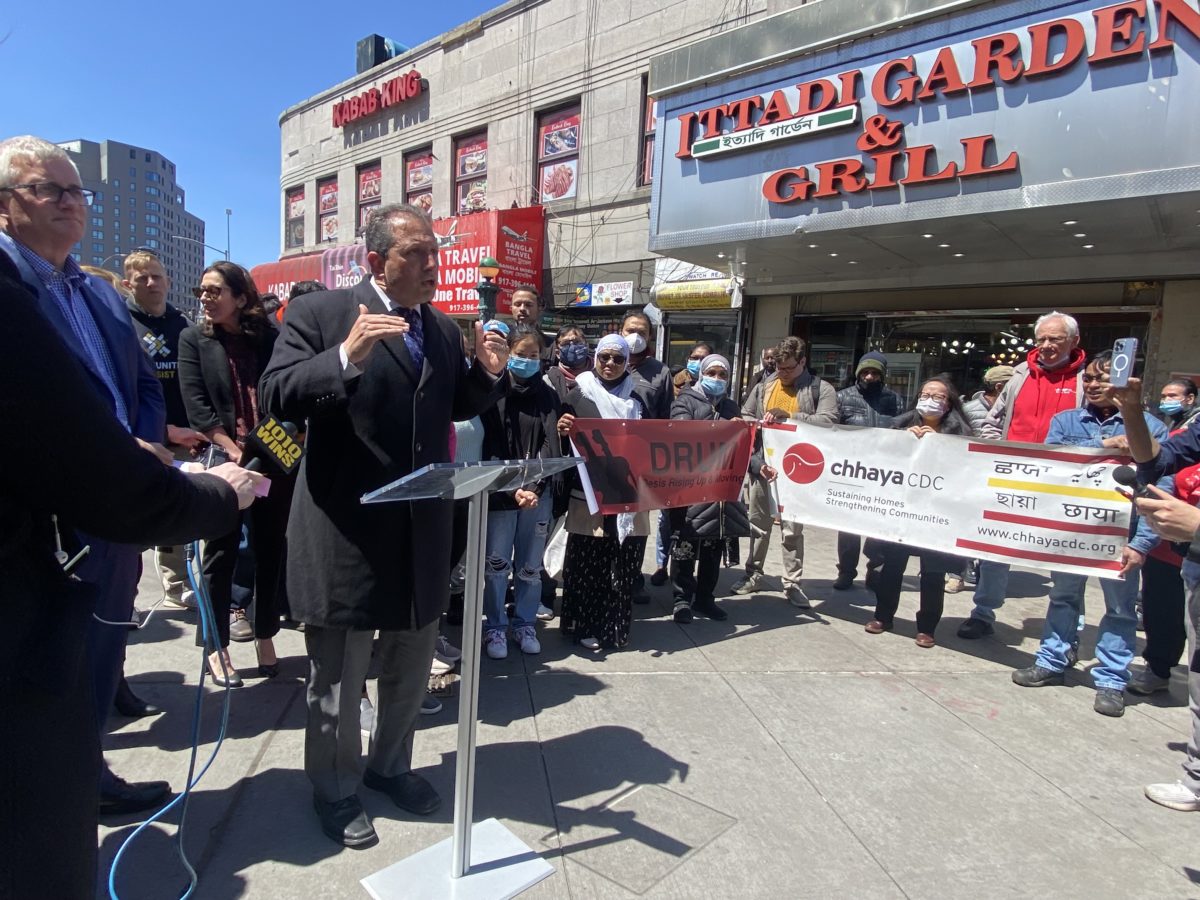Dual shootings outside Pomonok Houses
Two separate shooting incidents took place on Sunday night outside of the Pomonok Houses near Queens College, according to multiple reports on the Citizen app.
The first, reported at approximately 5:11 p.m., confirmed that police responded to reports of a man who had been shot in the abdomen.
A second report, made at approximately 11:55 p.m., confirmed that police transported an unidentified 26-year-old victim to a local hospital.
According to NY1, Queens College temporarily shut its doors on Monday morning in response to the nearby shootings.
Local City Councilman Jame Gennaro, whose district includes Pomonok, Kew Gardens Hills, Briarwood, Jamaica, and Fresh Meadows, issued a statement in response to the dual shooting incidents, which occurred just a few short hours apart.
“I have been in continuous contact with Commanding Officer Kevin Chan of the 107th Precinct and the Mayor’s Office well into the early hours of the morning and throughout the day today,” Gennaro said in his statement. “Both shooting victims are in the hospital. As we wait for additional details to emerge, I want my constituents to know that I and my office take this deadly violence at our doorstep with utmost seriousness and we need to act.”
Gennaro continued by addressing how he is doing everything in his power to make sure the community is safer.
“In both last year’s budget and this year’s budget, which will be passed in June, I have allocated hundreds of thousands of dollars of my discretionary funding for police surveillance cameras in crime hot spots in our community, as determined by the NYPD in consultation with me and community leaders,” Gennaro continued. “Additionally, our office is currently working to coordinate a town hall with the Police Department and our community to discuss public safety concerns and brainstorm ideas to boost safety in the district. In the meantime, I urge all my constituents to stay vigilant and continue to report any suspicious and/or illegal activity to 911 if the police are needed immediately, and if anyone has any information about yesterday’s shootings that may help the police, the Commanding Officer of the 107th Precinct has asked that witnesses call the precinct at 718-969-5100. I will keep the community apprised of any further developments in this case.”




 “I really have a lot in common with the character, and a lot of my comedy is based off of dating, sex, dealing with dudes, living in the city, and being Italian and single,” she continued. “It’s been kind of nice to showcase other abilities outside of just what I’m able to do in stand up.”
“I really have a lot in common with the character, and a lot of my comedy is based off of dating, sex, dealing with dudes, living in the city, and being Italian and single,” she continued. “It’s been kind of nice to showcase other abilities outside of just what I’m able to do in stand up.”




 Gopee went on to earn her bachelor’s degree from Binghamton University, and her J.D. from St. John’s University School of Law in 1997.
Gopee went on to earn her bachelor’s degree from Binghamton University, and her J.D. from St. John’s University School of Law in 1997. Gopee also helped form the South Asian and Indo-Caribbean Bar Association of Queens, where she serves as president.
Gopee also helped form the South Asian and Indo-Caribbean Bar Association of Queens, where she serves as president.

 Brianna is being accommodated by all the guide people around her, and how sometimes, one word of support can change your day, and even your life.”
Brianna is being accommodated by all the guide people around her, and how sometimes, one word of support can change your day, and even your life.”